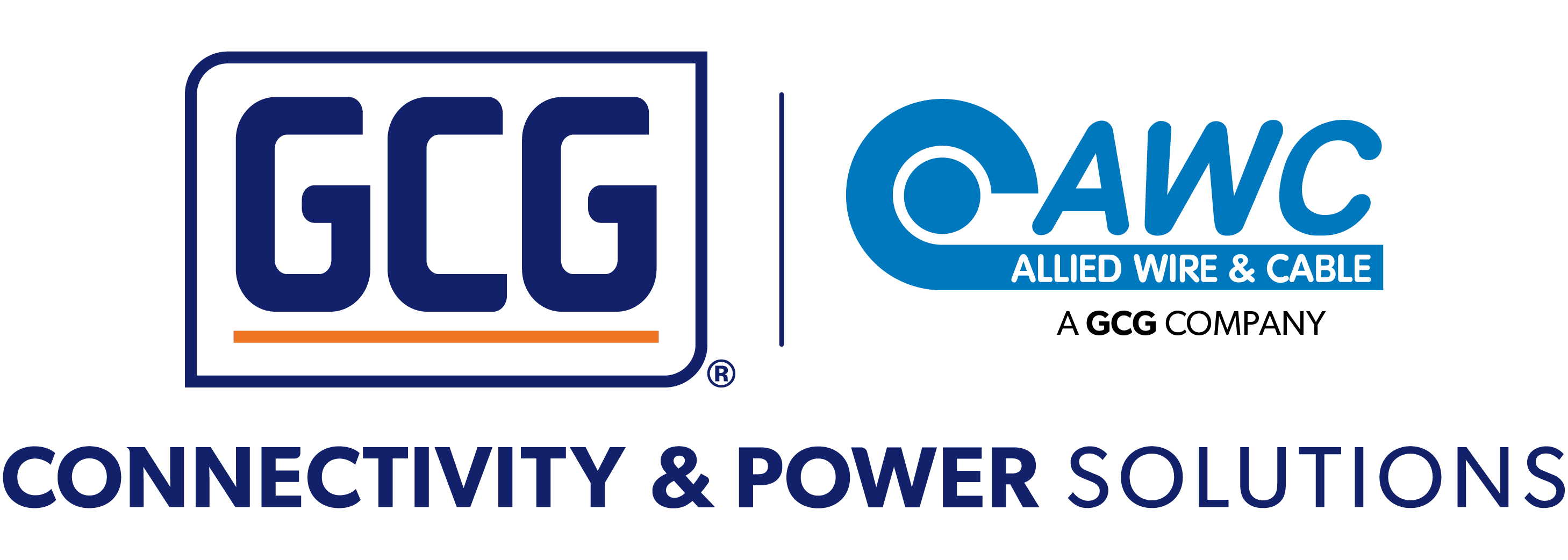We've explained which standards organizations exist in the wire and cable industry and what they do, but how can you be sure the mark on your cable is real? Read on to find out why it's important that you ask for proof of certification when necessary.
The wire and cable industry consists of thousands upon thousands of products, all manufactured by different companies all over the world. For the consumer, this can mean a lot of confusion over which product is the safest option for their application. This is where a standards organization comes in.
Standards organizations in the cabling industry issue their mark (the  UL or CSA mark, for example) to products that have passed strict standardization processes. These processes are in place to keep the consumer safe when buying cable products, and the companies that manufacture them have to adhere to sets of rules given to a specific product. However, Underwriters Laboratory recently announced that companies were printing their UL mark on cable that had not passed their tests. There are several issues involving counterfeit marks on cables:
UL or CSA mark, for example) to products that have passed strict standardization processes. These processes are in place to keep the consumer safe when buying cable products, and the companies that manufacture them have to adhere to sets of rules given to a specific product. However, Underwriters Laboratory recently announced that companies were printing their UL mark on cable that had not passed their tests. There are several issues involving counterfeit marks on cables:
- fire safety
- toxicity
- cable performance
- and more
While not all applications require a cable with these certifications, if you're looking for a product to be used in a sensitive environment or extreme application, you should ask for the certification of the cable you're purchasing. UL and CSA marks are not the only certifications you can ask for. RoHS, REACH, and other environmental initiatives also have certifications that you can ask to see. Allied Wire & Cable will provide any certifications or manufacturer test results that you require, including:
- UL/CSA Marking Permissions
- Mil-Spec and Government Compliance Test Results
- RoHS & REACH Compliance Certification
Click here to view more information on the standards organizations in the wire & cable industry.

